
Sunday, 30 October 2016
Representation of women – male gaze, fashion advertising and the pose
There are many pieces of literature and studies which
show the representation of women in the media and western art.
- John Berger’s book ways of seeing provides an accessible introduction.
- Laura Mulvey’s famous essay on the male gaze launched an important literature in the field of cinema.
- Bechelel test – pass have one scene where 2 women (no men) were talking to each other about something other than men.
- Erving Goffman’s somewhat lesser- known study called Gender Advertisements is useful here because he focused on, among other things.
Commercial photographs involved carefully performed poses
presented in a style of only natural.
Women are pictured often than men in what Goffman calls
the ‘recumbent position’. Goffman points out that omen often pose bending their
head at an angle or their bodies, which gives a submissive role as they are
positioned lower.



‘Cant’ is often combined with putting a finger in the mouth or otherwise touching the face in a childlike way.




‘Cant’ is often combined with putting a finger in the mouth or otherwise touching the face in a childlike way.
Male gaze
Berger says “women watch themselves being looked at”
Women learn to look at themselves through the eyes of an
imaginary man because the ideal spectator is always assumed to be male.
As a result, “female models in ads addressed to women
‘treat the lens as a substitute for the eye of an imaginary male onlooker”.
Cameras always linger on the curves if the female body in
media especially films.
Representations of gender
In media the way in which males and females are
represented is quite contrasting with a continuous pattern always being shown.
The understanding of gender and sex can be often
confused;
“Gender”
refers to the socially constructed roles, behaviours, activities and attributed
that a given society considers appropriate for men and women
Whereas, “Sex”
refers to the biological and physical characteristics that define men and
women.
Representation of women
Across all Medias the representation of women tends to
highlight:
- Beauty
- Size/physique
- Sexuality
- Emotional
- Relationships
The female representation often shows them as being part
of a contest which family and friends, for example on who is prettier, or
showing a working characteristics – thinking and working as part of a team
passive rather than active.
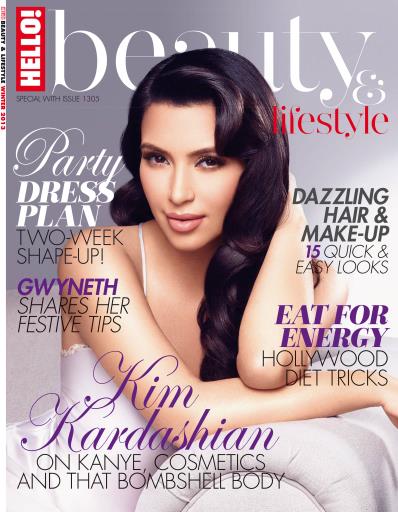
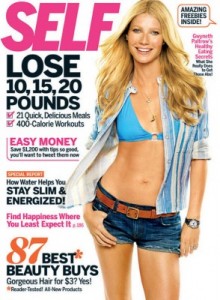
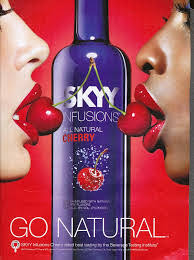
Beauty Size Sexuality
Emotional Relationships
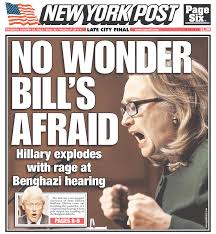



Beauty Size Sexuality
Emotional Relationships
Representation of males
Masculinity is a concept that is made up of more rigid
stereotypes than femininity.
Across all Medias representation of men tend to focus on:
- Strength
- Power
- Attractiveness
- Independence
- Physique
The male characteristics are often represented as
isolated, not reliant on others with the male physique becoming more important
and dominant on media.
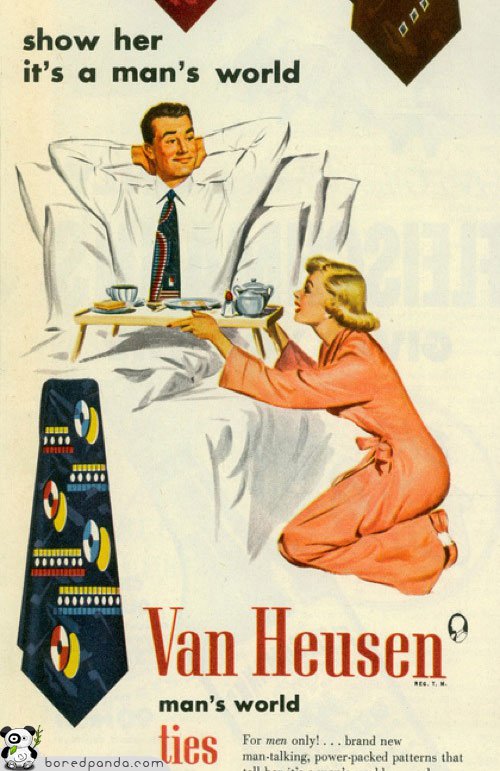
Strength Power Attractiveness
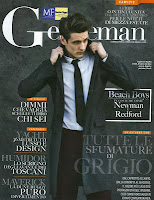
Independent Physique
Misogyny – the
hatred or dislike of girls and/or women – sexual discrimination, denigration of
women, violence against women and sexual objectification of women.
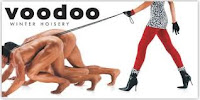

Thursday, 20 October 2016
School magazine photoshoot
To create my school magazine's central image I did a photo shoot using two of my friends as the models in the library to promote the key aspects my magazine will be about; learning.
Monday, 17 October 2016
Thursday, 13 October 2016
Monday, 10 October 2016
Magazine analysis
Today I analysed 2 magazine covers labelling the key features of what makes a magazine. The first one being a fashion magazine and the second being a film magazine.
Tuesday, 4 October 2016
My first post
Hello!
And welcome to my AS Media Studies blog, I'm Frances and this is my first time using Blogger. This blog is going to feature all the work I'm going to be doing for my AS Media Studies Coursework for 2016-2017.
Subscribe to:
Comments (Atom)











